6 Causes of Hearing Loss
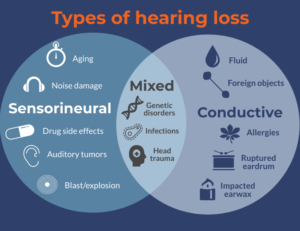
When we think about hearing loss, most people equate hearing loss with aging. However, natural aging is not the only cause of hearing loss. While aging accounts for a large percentage of hearing loss in adults, there are other factors to consider as well. Here are the 6 most common causes of hearing loss.
Loud Noise Exposure
Other than aging, exposure to loud noise is the 2nd leading cause of hearing loss and tinnitus (ringing in the ears). This type of exposure can occur after one incident of extremely loud noise. For example, having a shotgun go off beside your ear with no hearing protection, sitting beside the speaker at a loud concert, etc. Secondarily, it could be from daily exposure to louder than average noise; for many that work in the trades, this is a common occurrence. This could be driving a semi-truck, working in a factory, construction, etc.
Although most workplaces now post the noise exposure within their facilities and require workers to wear ear protection if there are loud levels, this was not a common practice until the 1970s and 1980s. If you’ve worked in noise and have subsequent hearing loss, you may be eligible to apply for coverage through Workers Compensation (WSIB). Click HERE for more information on this process.
Heredity
Our genetics are fascinating and strange things. While we can predict some things based on genetics, others we can’t. Some combinations of parents’ genetics can contribute to childhood deafness, abnormalities of the external ear or middle ear bones, or other syndromes that have associated hearing loss. For this reason, a child has the same probability of being born deaf if you have 2 hearing parents or 2 deaf parents. Genetics… strange things.
Heredity can also be associated with hearing loss caused by natural aging. If aged hearing loss runs in your family, there is a higher chance that you’ll experience some level of hearing loss as you age; but not guaranteed.
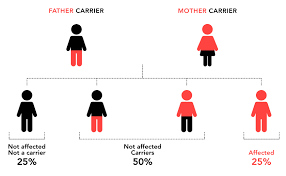
Head Injury
Our ears are sensitive organs. Various types of head injury or trauma can disrupt one or more parts of our auditory pathway. This could be direct trauma to the ear itself or our brains since in actuality we hear with our brains. Injuries could include something stuck in your ear (ruptured eardrum), a concussion, a skull fracture, traumatic brain injury, or a stroke. Our heads include some pretty important organs, including our ears. Use head protection for extracurricular activities when possible and protect your noggin!
Ototoxic medications
 Some medications, while medically necessary for the treatment of other conditions can be toxic to the ear. We refer to these medications as ototoxic; oto meaning hearing or balance and toxic, well, meaning toxic. Included in this category are some treatments for malaria, tuberculosis, cancer, and certain infections. Some elicit drugs can also cause hearing loss if taken in large doses or used over long periods of time. For necessary medications, the benefits can outweigh the risks. However, if you’re concerned about any of the medications your taking talk to your doctor.
Some medications, while medically necessary for the treatment of other conditions can be toxic to the ear. We refer to these medications as ototoxic; oto meaning hearing or balance and toxic, well, meaning toxic. Included in this category are some treatments for malaria, tuberculosis, cancer, and certain infections. Some elicit drugs can also cause hearing loss if taken in large doses or used over long periods of time. For necessary medications, the benefits can outweigh the risks. However, if you’re concerned about any of the medications your taking talk to your doctor.
Illnesses, Diseases, and Infections
Illness can affect any part of the body; some when they manifest in the ears can cause hearing loss. These illnesses can be congenital, meaning the mother had them while pregnant, or can be acquired throughout life. Congenital illnesses can include Rubella, Syphilis, or other infections at the time of pregnancy or delivery. Acquired illnesses that can affect hearing include Meningitis, Measles, Mumps, chronic ear infections, etc. In not every case of these will hearing loss occur, but it is possible.
Other illnesses or disorders exist that occur specifically in the ear and affect hearing and/or balance. Some are below:
- Acoustic neuroma – a non-cancerous growth that occurs on the auditory nerve. If left untreated it can fill the ear and cause issues with hearing and balance.
- Infections – Infection can happen in the middle ear, chronic middle ear infections are called otitis media, repeated infections can cause a cyst called a cholesteatoma, infection of the mastoid bone (mastoiditis), etc.
- Meniere’s disease – A disorder of the inner ear characterized by dizziness, hearing loss, and tinnitus. This cyclical disorder is thought to be caused by an imbalance of fluids in the inner ear.
- Otosclerosis – a condition causing abnormal bone growth in the middle ear bones. Not much is understood about this condition, but without treatment can lead to permanent hearing loss.
Just like any other part of our body, the ears can be diagnosed with general illnesses or infections and also has specific ones that just affect them. New research into causes and treatments is being done all the time as we continue to learn about this small organ of the body.
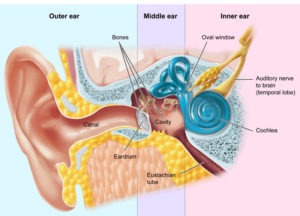
Temporary Hearing Loss
The above causes of hearing loss are, for the most part, permanent, but there is also some hearing loss that can be temporary. If your hearing loss is caused by a wax blockage, ear infection, a cold, or allergies, in the majority of cases these only last until the issue is resolved through medical attention. In the case of sudden hearing loss, which can be caused by these, a virus, or bacteria, take immediate action to ensure no permanent damage occurs.
Hearing loss is not just an age-related impairment. There are many contributing factors other than these 6 causes of hearing loss. The unfortunate association between hearing loss and age is simply that hearing loss is gradual, meaning we don’t always notice the changes right away. This is why it’s important to have your hearing tested every few years, or more frequently if you work in noise. For more information or to schedule a test visit us here or call at 705-749-0707.
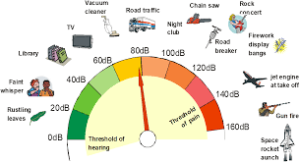
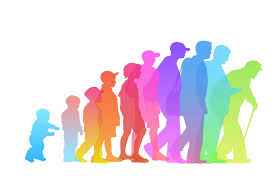
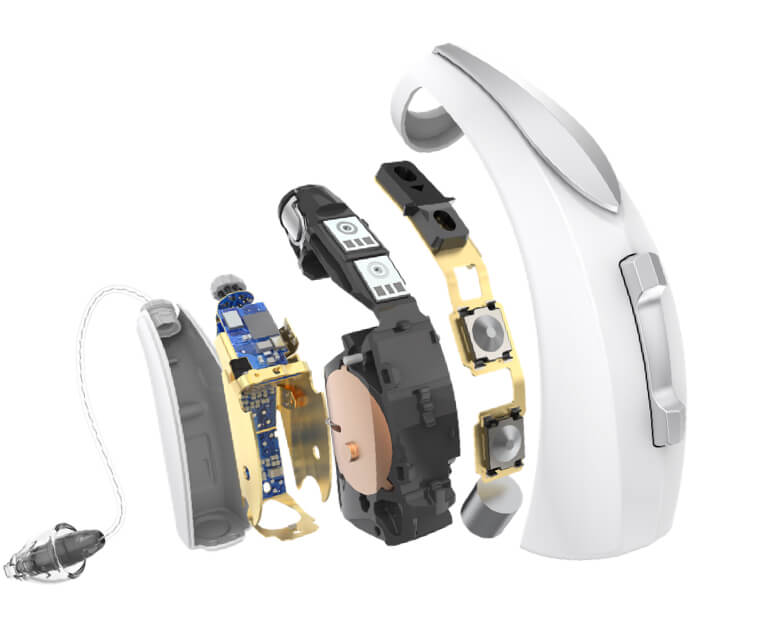
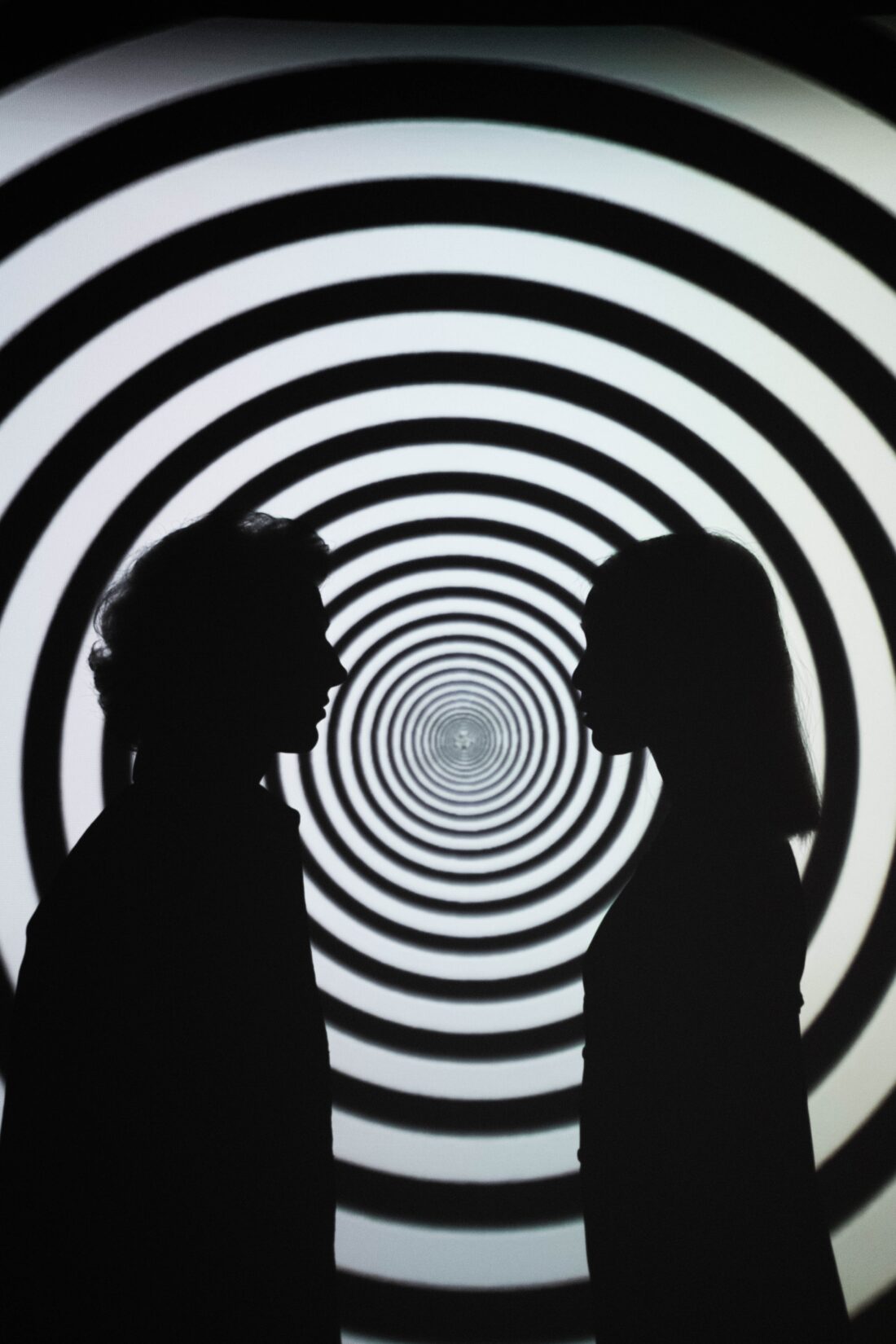
Recent Comments